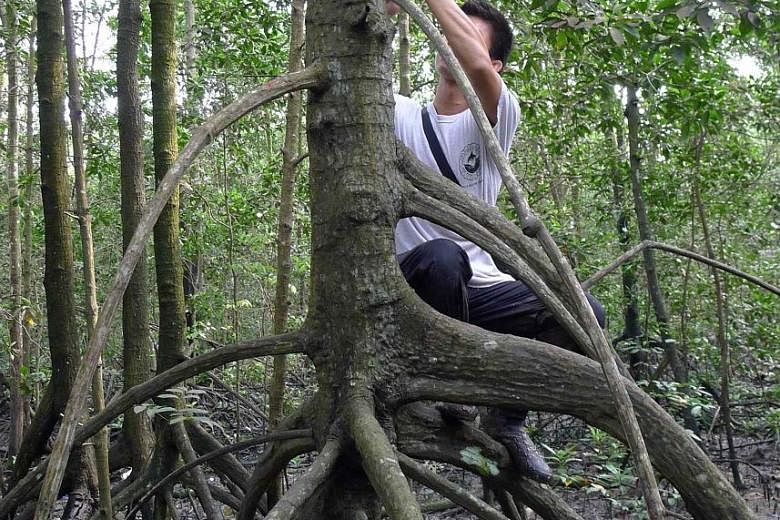The future impacts of climate change loom large for island nations such as Singapore. Countries may soon have to contend with increasing temperatures, volatile weather patterns and rising seas. The potential impacts are so great that the issue is increasingly put front and centre in government planning and policy.
Prime Minister Lee Hsien Loong's speech during the National Day Rally, with its focus on climate change and how it will be dealt with, was a bold statement of intent. This speech highlighted how few countries are embracing the challenges of climate change in the way that Singapore is. It is clear that the Government has carefully considered how climate change will have major implications on urban development, and keeping shorelines safe from sea-level rise and extreme weather is a key national priority.
Already a subscriber? Log in
Read the full story and more at $9.90/month
Get exclusive reports and insights with more than 500 subscriber-only articles every month
ST One Digital
$9.90/month
No contract
ST app access on 1 mobile device
Unlock these benefits
All subscriber-only content on ST app and straitstimes.com
Easy access any time via ST app on 1 mobile device
E-paper with 2-week archive so you won't miss out on content that matters to you

